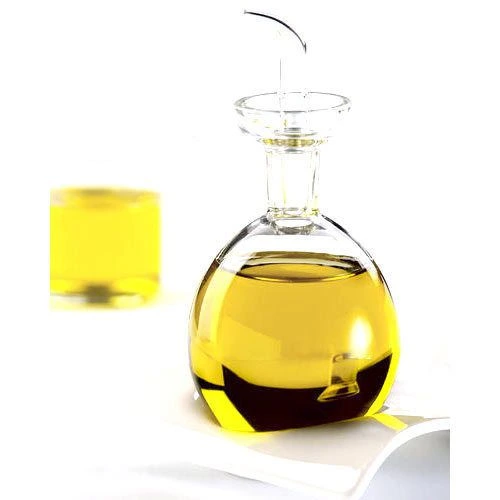IUPAC Name
(Z)-octadec-9-enoic acid
Cas Number
112-80-1
HS Code
38231200
Formula
C18H34O2
Industry
Oleochemicals
Appearance
Colorless to white crystalline powder
Common Names
Elainic acid, cis-9-Octadecenoic acid
Packaging
180 Kg - Drum
Oleic acid, a naturally found monounsaturated omega-9 fatty acid, is prevalent in various animal and plant fats and oils. While the oil is usually colorless and odorless, commercial samples might show a faint yellow tint. From a chemical perspective, oleic acid falls into the category of monounsaturated omega-9 fatty acids and is closely linked with olive oil, which is predominantly composed of this advantageous compound.
Oleic acid production commonly involves combining fats such as beef tallow, lard, and vegetable oil, followed by refining and hydrolysis to obtain mixed fatty acids. Cold compression separates oleic and stearic acid. Dehydration and distillation processes then produce crude oleic acid, with stearic acid as a by-product. Around 80% of the distillate from this process is oleic acid.
Cosmetic Applications
It acts as a cosmetic emollient by forming an oily layer through its water-binding capacity. This assists in retaining skin moisture, ensuring its health and hydration.
Manufacturing Applications
Oleic acid plays a crucial role in the manufacturing of surfactants, highly effective cleaning agents renowned for removing stains from clothing. Its unique property of reducing surface tension between water and oil makes it an essential ingredient. Additionally, oleic acid is a key component in the production of plasticizers, substances that, when utilized, lower the viscosity of materials, contributing to their softening.
Others
In pharmaceutical products, oleic acid is employed in small quantities as an excipient. It also acts as an emulsifying or solubilizing agent in aerosol goods. Emulsifiers play a crucial role in stabilizing the liquid mixture of water and oil phases, preventing separation or coalescence.
